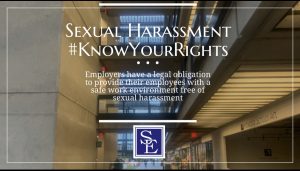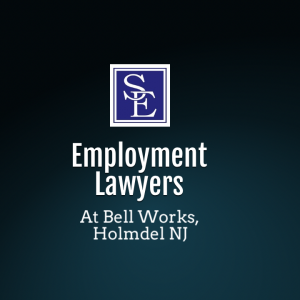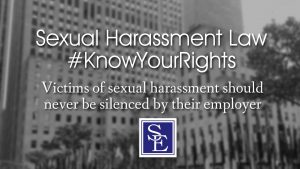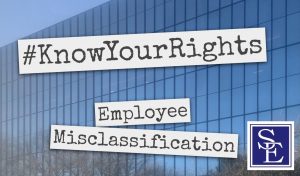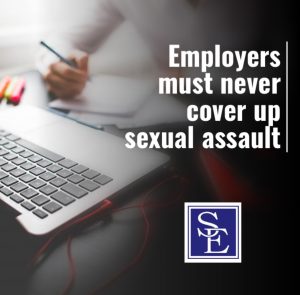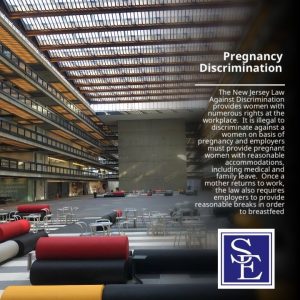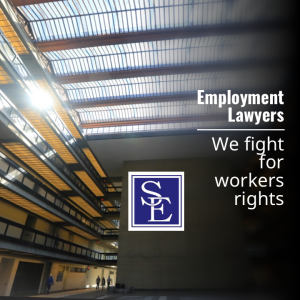An employee is protected from retaliation from his or her employer when he or she engages in protected activity under the New Jersey Law Against Discrimination. But what constitutes protected activity? Is any complaint covered? Or does the employee complaint have to one that the complained of conduct violate the law? The Supreme Court of New Jersey answered these questions concerning the standard in a 2013 decision in the case of Battaglia v. United Parcel Service Inc., in holding that an employee engages in protected activity when employee’s complaint is reasonable and made with a good faith belief that the complained of conduct violates the LAD.
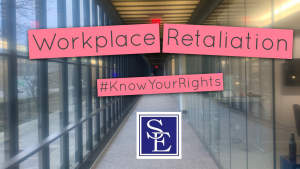
The Battaglia decision involved a case of sexual harassment retaliation. Michael Battaglia had been employed with UPS since 1985, when he began as a driver and worked his way up the ranks. In 2001, Battaglia became the division manager of UPS’s South Division and he began supervising Wayne DeCraine. During this time, Battaglia became aware of DeCraine’s derogatory remarks about women, including sexually inappropriate comments about female employees at UPS. Battaglia took steps at that time, in accordance with UPS policy, to address DeCraine’s conduct and behavior. For unrelated reasons, thereafter, Battaglia was moved through several other departments at UPS and ultimately in 2004, returned to working with DeCraine – now with DeCraine supervising Battaglia as a division manager.
After some time, DeCraine began making what Plaintiff perceived to be a series of inappropriate sexual comments. While the comments were only made in the presence of male employees, the comments were about other female employees. Battaglia asserts that he spoke with DeCraine each time he made a comment and further met with their supervisor who had also heard these remarks.
 New Jersey Employment Lawyers Blog
New Jersey Employment Lawyers Blog







